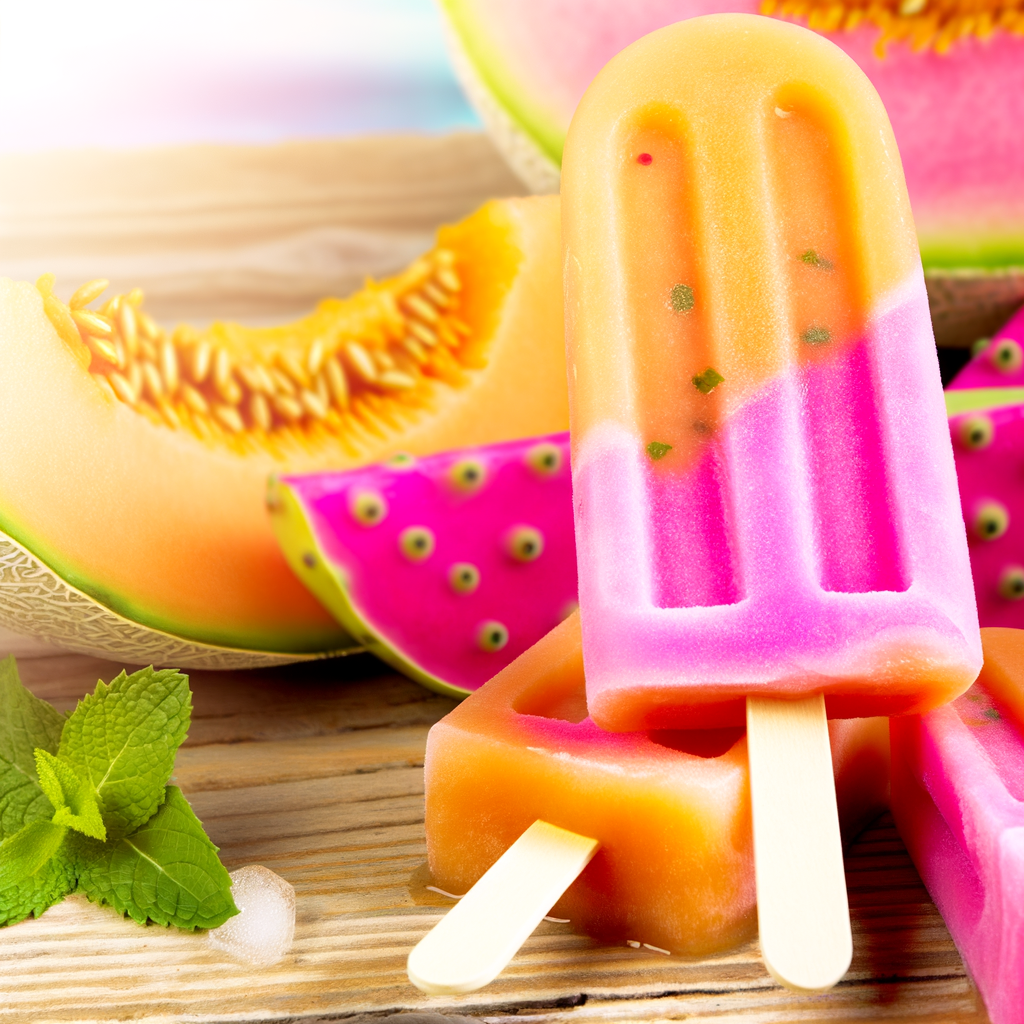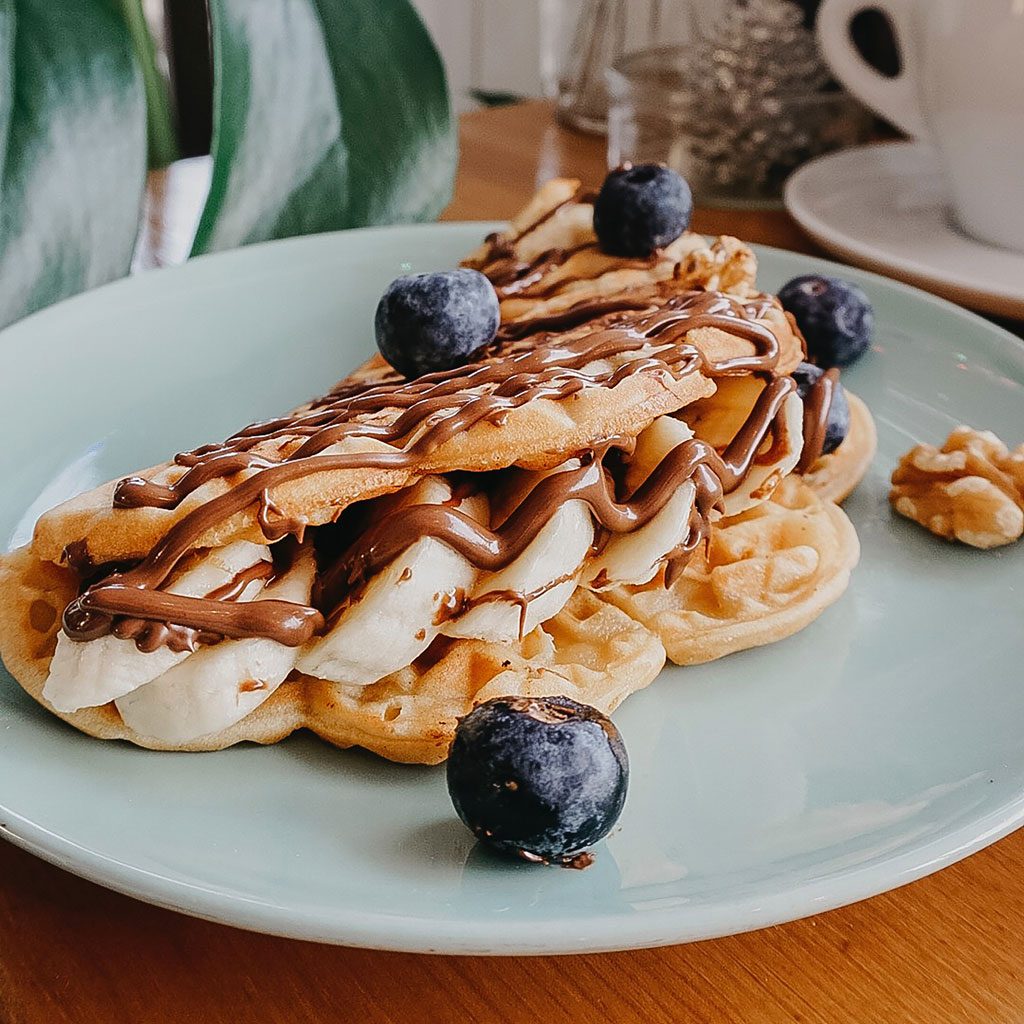Is Cooking with Oil Unhealthy? Experts Weigh In
Cooking with oil is a common practice worldwide, but is it unhealthy? There are many conflicting opinions on the subject, and it can be challenging to discern what’s best for your health. In this blog post, we will delve into the facts, expert opinions, and health implications associated with using oil in your cooking. Let’s explore whether cooking with oil is as unhealthy as some claim, or if it’s an essential part of a balanced diet.
Why Do We Use Oil in Cooking?
Oil serves multiple purposes in cooking, making it a staple in many kitchens. Here are several reasons why oils are commonly used:
- Flavor and Texture: Oils can enhance the flavor and improve the texture of foods, making them more palatable.
- Cooking Medium: Oils can reach high temperatures, allowing for various cooking methods such as frying, sautéing, and roasting.
- Nutrient Absorption: Some vitamins and nutrients are fat-soluble, meaning they need fat to be absorbed effectively by the body.
Despite these uses, it’s essential to consider the health implications of regular oil consumption.
The Health Debate: Is Oil Unhealthy?
The healthiness of oil largely depends on the type and amount consumed. Here’s a closer look at different aspects of cooking with oil and what experts say:
Types of Oil
Different oils have varying impacts on health. Here’s a breakdown of some common types:
- Olive Oil: Often considered one of the healthiest oils due to its high content of monounsaturated fats and antioxidants. It has been linked to numerous health benefits, including reduced inflammation and heart disease risk.
- Coconut Oil: Contains medium-chain triglycerides which are thought to be easier to digest and may provide a quick source of energy. However, it is also high in saturated fats, which can raise cholesterol levels.
- Canola Oil: Low in saturated fat and a good source of omega-3 fatty acids. However, concerns exist about its processing methods, which often involve chemicals and high heat.
- Vegetable Oil: Typically a blend of several plant oils, containing high levels of omega-6 fatty acids, which, in excess, can promote inflammation in the body.
Cooking Methods and Heat Stability
Different oils have different smoke points, which is the temperature at which they start to break down and produce potentially harmful compounds. Using the correct oil for your cooking method is crucial:
- High-Heat Cooking: Oils like avocado oil and refined olive oil have high smoke points and are suitable for frying and roasting.
- Low- to Medium-Heat Cooking: Extra virgin olive oil and coconut oil are better suited for sautéing or baking.
Heating oils beyond their smoke points can degrade beneficial nutrients and produce free radicals, which are harmful to health.
Potential Health Risks
While cooking with oil can add flavor and aid in nutrition, it’s not without risks. Here are a few potential health concerns:
- Weight Gain: Oils are calorie-dense. Excessive use can contribute to an excessive caloric intake, leading to weight gain.
- Inflammation: Overconsumption of oils high in omega-6 fatty acids (like some vegetable oils) can contribute to an inflammatory response in the body.
- Heart Health: The type of fat in the oil is crucial. Saturated fats (high in oils like coconut oil) can raise LDL cholesterol levels, increasing heart disease risk.
These risks highlight the importance of moderation and choice of oil in your diet.
Moderation and Balance
To reap the benefits of oils while mitigating risks, use oils sparingly and mindfully. Here are some tips for incorporating oils into a healthy diet:
- Choose Healthy Oils: Opt for oils high in monounsaturated and polyunsaturated fats, such as olive oil, avocado oil, and flaxseed oil.
- Watch Portions: Be mindful of the amount of oil used in cooking to avoid calorie overconsumption.
- Combine with Other Healthy Foods: Pair oils with nutrient-dense foods like vegetables and whole grains to enhance nutrient absorption and provide balanced nutrition.
Conclusion
The debate on whether cooking with oil is unhealthy isn’t black and white. It depends on various factors, including the type of oil, cooking method, and overall dietary habits. By choosing high-quality oils, using them appropriately, and maintaining a balanced diet, you can enjoy the benefits of oils while minimizing potential health risks. As with many aspects of nutrition, moderation and informed choices are key.











